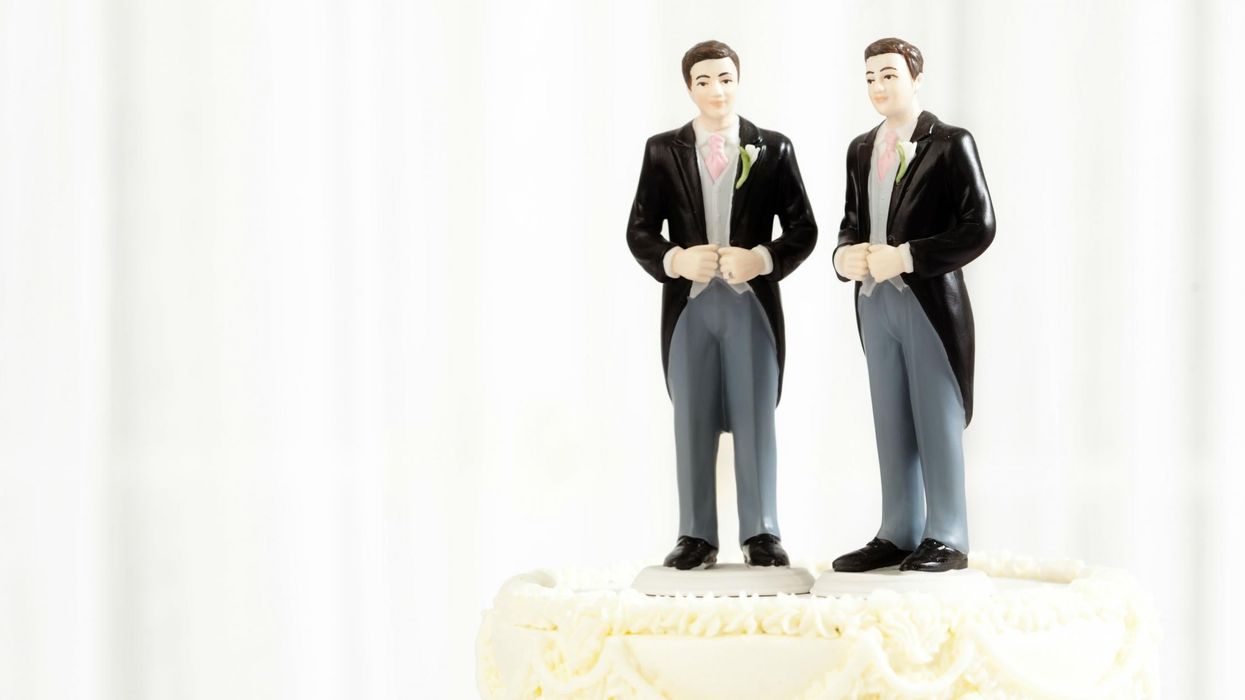News
Jake Hall
Jun 14, 2018

iStock
It's been four years since same-sex marriage was officially legalised in the United Kingdom.
Although introduced under former Prime Minister David Cameron, the bill was overwhelmingly passed by Labour MPs, 217 of whom voted in favour of the proposal. Only 22 voted against. The law was hailed as a landmark victory for progressive values and the fight for equality in the UK, but there are still some loopholes which indicate the law is still struggling to keep up - especially when it comes to divorce.
Currently, 'adultery' is a popular justification for divorce as it often allows for a quick, comparatively smooth divorce. But as Marilyn Bell, head of SA Law's family department, points out, 'adultery' can only be legally claimed if a couple is heterosexual.
In a statement issued to indy100, she explains that lawyers were quick to flag this anomaly, although it went relatively under-reported by media:
Media coverage didn't particularly flag it up at the time, or question why somebody in a same-sex relationship could not, apparently, commit adultery,
It's rather like when Queen Victoria only supported historic legislation against homosexuality for men as she did not accept that women behaved in that way.
Bell goes on to point out that legislation tends to be extremely precise in its use of language, and that the defence could realistically be grounds for dissolution in bisexual partnerships. The only other option - which doesn't come with a lengthy delay, at least - is "unreasonable behaviour", which Bell says can be "inflammatory".
Articles show that the definition can be vague - officially, unreasonable is defined as behaviour so bad that "the petitioner cannot reasonably be expected to live with the respondent".
But what does this mean in real terms? Essentially, there tends to be little expansion on this definition because divorce cases tend to go undefended, but common reasons include excessive drinking or other forms of addiction - so it can't just be that your partner is forcing you to marathon Love Island, or refusing to help with the dishes.
But if you do contest it, there can be repercussions.
66-year-old Tini Owens is currently fighting for a 'no fault divorce' to leave what she describes as a 'loveless' marriage. Her case is one of only 1 per cent of divorce cases which actually get contested, but if Owens succeeds in fighting the defence then she could set a precedent to liberalise divorce law for good.
The legal definition of 'adultery' isn't the only element of same-sex marriage that doesn't quite equal out, either. In fact, a heterosexual couple recently made headlines for pushing to be granted a civil partnership as opposed to a formal marriage. It's just one of many small quirks still to be resolved, yet Bell explains that this may take time:
New legislation tends to be detailed and complex.
Outside of legal circles, there tends to be lethargy around considering the detail, implications and the wider application - as well as 'shouting' about it.
Essentially, society is changing at a rapid pace - but the law is struggling to keep up.
More: 7 wedding photographers on huge signs that a marriage won't last
Top 100
The Conversation (0)
x













